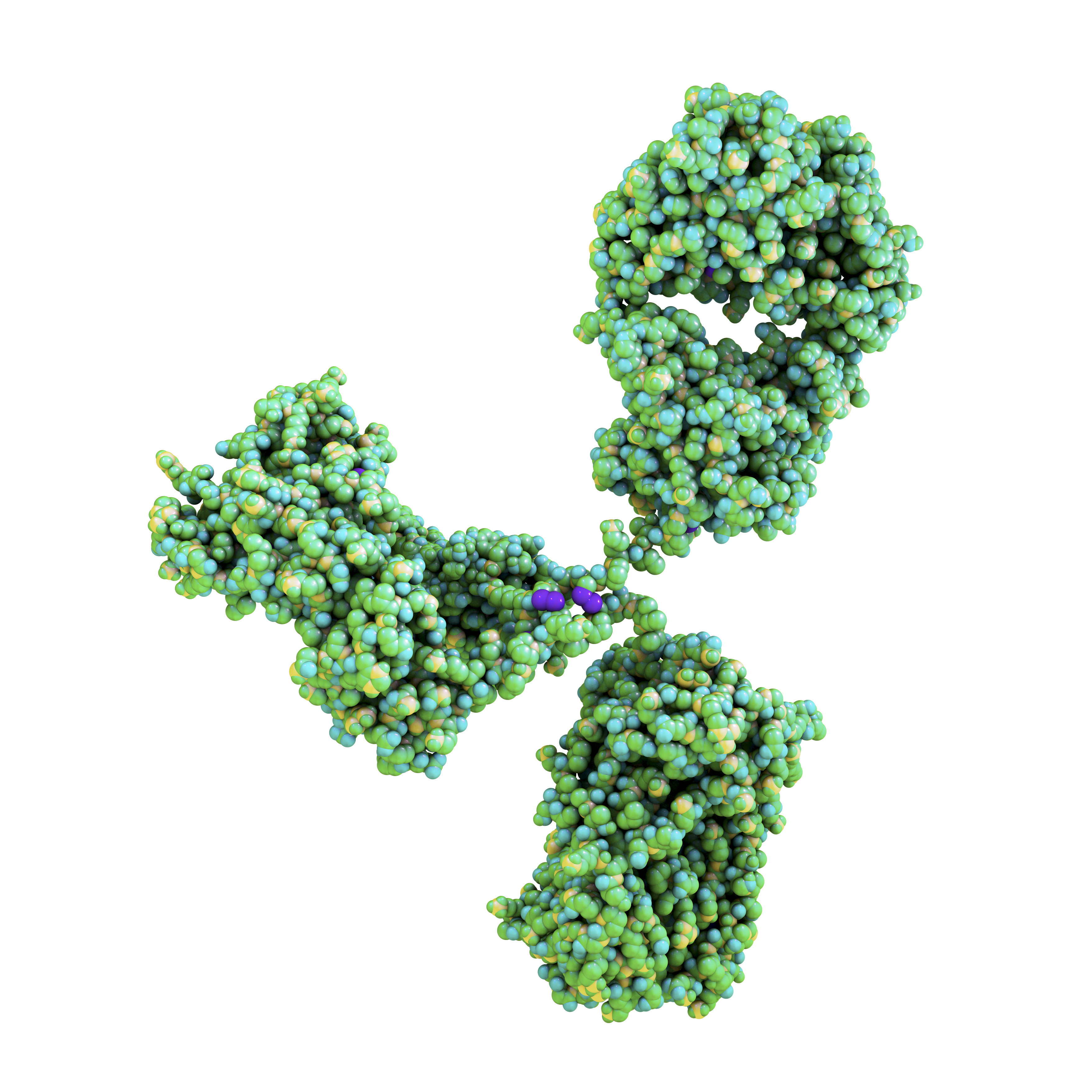 Hong Kong Resident Acquires Herpes Virus B Following Monkey Bite
Hong Kong Resident Acquires Herpes Virus B Following Monkey Bite
In a shocking incident, a resident of Hong Kong has been diagnosed with the Herpes Virus B, commonly known as the B-virus, after being attacked by a wild monkey. This has prompted wildlife officials to issue a warning to hikers to avoid agitating the monkeys in any way. The interaction between humans and monkeys may seem well-intentioned, but it can have serious consequences.
The senior conservation officer of Hong Kong’s Agriculture, Fisheries, and Conservation Department, Mr. Shek Chung-tong, emphasized the importance of refraining from eating in front of the monkeys or carrying plastic bags or concealed meals. These actions can provoke the monkeys and lead to aggressive behavior. Shek also criticized the practice of feeding high-sugar items like apples and bananas to monkeys, stating that it is ineffective and harmful to their health.
The government has taken measures to control the monkey population by planting hundreds of thousands of trees in country parks to provide them with natural food sources. Additionally, contraception and sterilization operations have been performed on monkeys by the Ocean Park Conservation Foundation. Over 70% of Hong Kong’s wild monkey population has been sterilized to prevent further breeding.
The recent case of the B-virus infection highlights the need for caution when interacting with monkeys. The virus, which can be transmitted through bites, scratches, or contact with bodily fluids, is very rare but can have severe health consequences. Dr. Wilson Lam, head of the Hong Kong Society of Infectious Diseases, explained that the virus affects the spinal nerves and central nervous system and can lead to serious illness or even death.
To prevent the transmission of the virus, it is crucial to disinfect any bites or scrapes from wild monkeys as soon as possible. Ideally, disinfection should be done within five minutes, but if immediate disinfection is not possible, washing the wound with running water for 15 minutes can help reduce the viral load.
Lawmaker Steven Ho Chun-yin emphasized the need for better education and public understanding about the dangers of feeding monkeys. Feeding wild animals is prohibited by the Wild Animals Protection Ordinance in Hong Kong, and violators may face fines of up to HK$10,000.
In other news, Hong Kong’s tourism industry is projected to reach pre-pandemic levels by 2025. With the gradual recovery from the COVID-19 pandemic, the city is optimistic about attracting tourists once again. The tourism sector plays a vital role in Hong Kong’s economy, and efforts are being made to ensure a safe and welcoming environment for visitors.
Overall, it is essential for both residents and tourists to be aware of the potential risks associated with interacting with wild monkeys in Hong Kong. By following the guidelines provided by wildlife officials and practicing caution, we can prevent incidents like the recent B-virus infection and ensure the well-being of both humans and animals.

